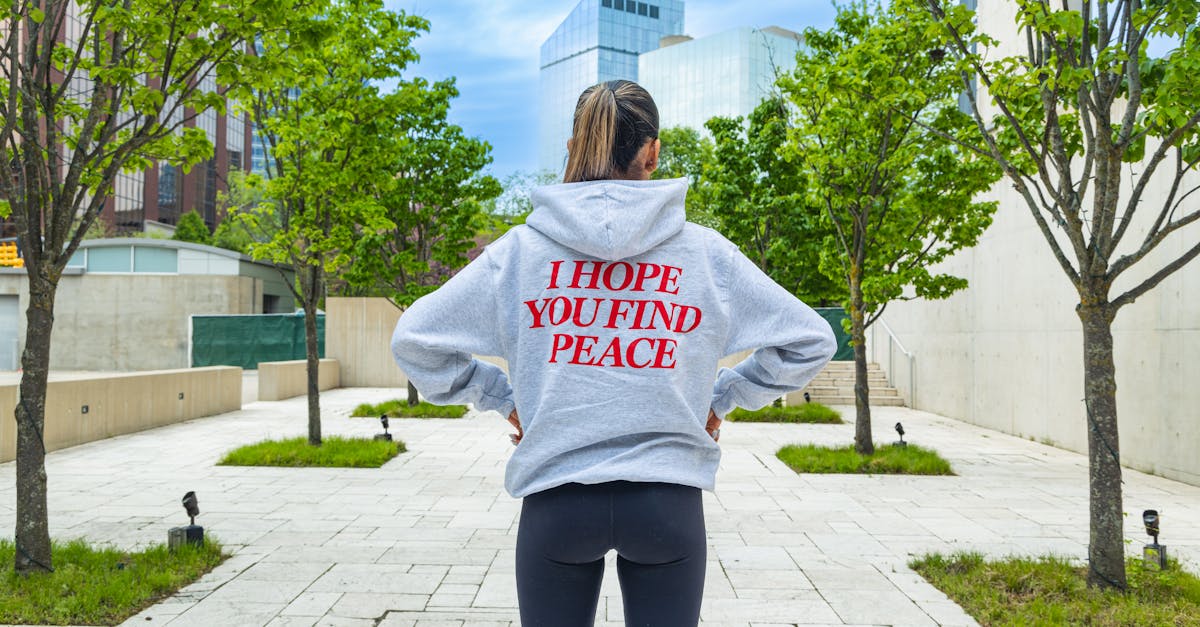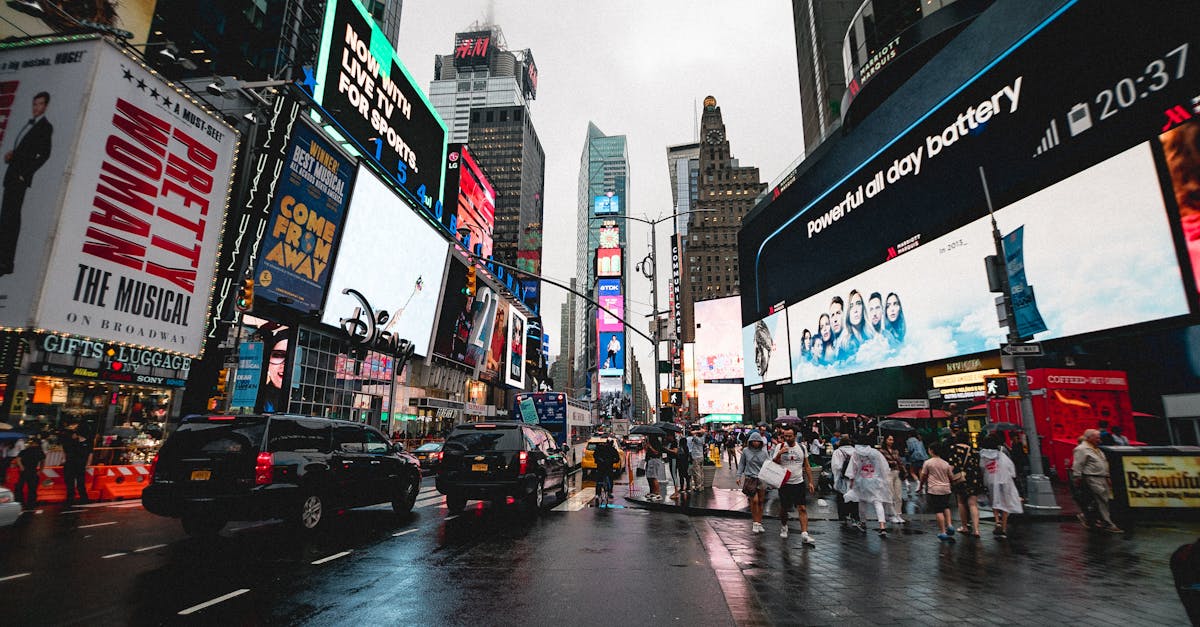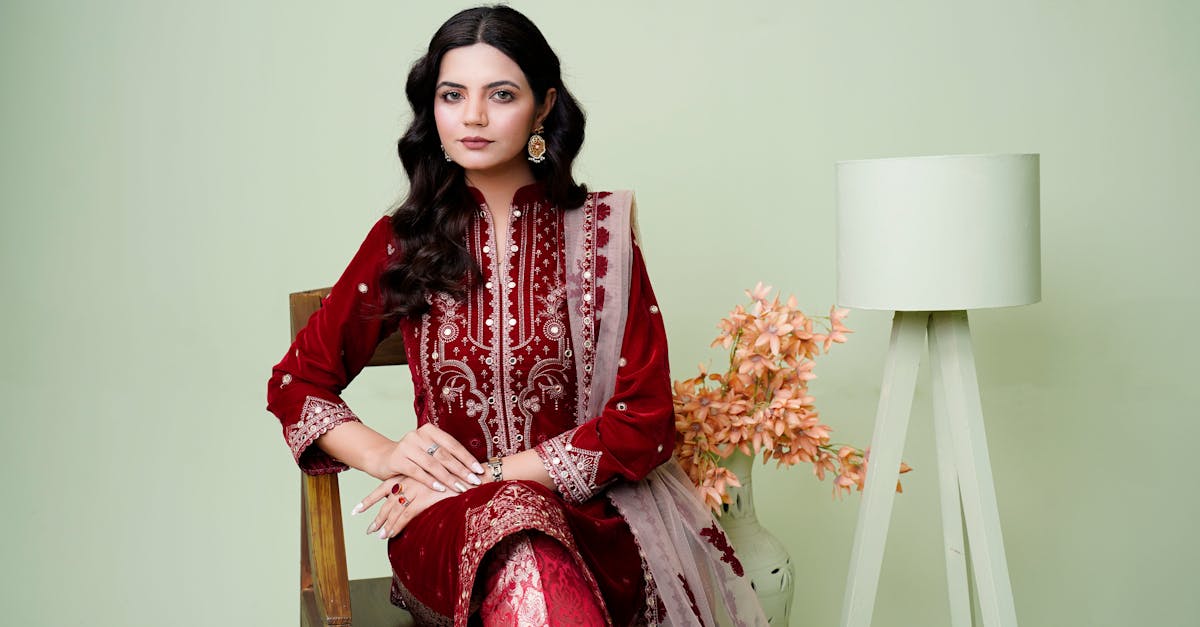The Rise of Mindful Fashion: Redefining Style with Awareness
Introduction to Mindful Fashion
The fashion industry is experiencing a transformative shift towards mindfulness, reshaping how style and sustainability are perceived. At its core, mindful fashion seeks to redefine traditional narratives by emphasizing awareness in every stage of the fashion process. As global concerns over environmental impact and ethical practices rise, consumers and designers are starting to reevaluate their choices. This trend is not only influencing buying behaviors but also driving industry-wide innovations aimed at reducing the fashion footprint. Mindful fashion experiments are pioneering these changes, highlighting the potential of combining creativity with consciousness. Let's delve deeper into how this mindful approach is reshaping the world of fashion.
Advertisement
Sustainable Materials Revolution
One of the foundational pillars of mindful fashion involves the use of sustainable materials. Designers are increasingly turning to organic, recycled, or upcycled fabrics to minimize environmental harm. Materials like organic cotton, hemp, and bamboo are being chosen for their low-impact growth processes. Additionally, innovative textiles such as Tencel, made from wood pulp, offer biodegradable alternatives to traditional fabrics. Upcycling discarded materials into high-fashion pieces also showcases the creative potential of sustainability. This shift not only reduces waste but also sets a new standard for quality and longevity in fashion apparel.
Advertisement
Ethical Production and Fair Trade
Mindful fashion extends beyond materials to ethical production methods. Fair trade initiatives ensure that garment workers receive fair wages and work under safe conditions. Brands are now prioritizing transparency, sharing details about their supply chains and the treatment of workers. Consumers are increasingly holding companies accountable, demanding more ethical practices throughout the production process. This movement helps support local artisans and small-scale producers by valuing traditional craftsmanship. By choosing ethically produced fashion, the industry can begin to dismantle exploitative systems and emphasize human rights.
Advertisement
Slow Fashion Movement
In contrast to the fast fashion model, the slow fashion movement encourages mindful consumption and a focus on quality over quantity. Slow fashion advocates for fewer, but better-crafted pieces that are timeless and adaptable. By investing in durable clothing, consumers contribute to reducing waste and the constant churn of fashion trends. This shift emphasizes the importance of intentionality in purchases and supports the idea of a "capsule wardrobe," where each piece serves multiple functions. As slow fashion gains momentum, it questions the very notion of seasonal collections and rapid fashion cycles.
Advertisement
Mindful Fashion Through Technology
Technological innovations are playing a crucial role in advancing mindful fashion. One notable development is the rise of digital fashion shows, which significantly reduce the carbon footprint of traditional runway events. Additionally, fashion brands are experimenting with virtual reality (VR) and augmented reality (AR) tools to offer a more personalized and immersive shopping experience. Blockchain technology is also being employed to ensure supply chain transparency and traceability. These technological advancements not only enhance consumer engagement but also promote environmentally conscious practices.
Advertisement
The Role of Consumer Awareness
Consumer consciousness is a driving force behind the mindful fashion movement. People are now more aware of their environmental impact and are using their purchasing power to drive change. Social media platforms and influencer collaborations are facilitating this new level of awareness, providing education on sustainable practices. As brand loyalty is often tied to ethical values, companies are being incentivized to prioritize sustainability. Mindful consumers are also exploring second-hand markets and rental fashion services, extending the lifecycle of clothing and reducing overall consumption.
Advertisement
Collaborative Industry Initiatives
Collaborations among stakeholders in the fashion industry are fostering a culture of mindfulness. Brands, designers, and retailers are joining forces with non-profits and environmental organizations to set sustainable benchmarks. Initiatives like fashion sustainability councils and eco-certifications are standardizing best practices and holding companies accountable. Collaboration is also extending to innovative sustainable packaging methods, aiming to cut down on the excessive waste associated with fashion logistics. These partnerships highlight the collective responsibility of the industry to create meaningful, lasting impact.
Advertisement
Challenges and Criticisms
While mindful fashion presents numerous benefits, it is not without its challenges. Critics argue that genuine sustainability is difficult to achieve given the industry's scale and complexity. Greenwashing, where brands falsely claim environmental virtues, is a growing concern, misleading consumers. The high cost of sustainable fashion may also limit its accessibility to a broader audience. Additionally, balancing aesthetic appeal with sustainable materials remains a design challenge. Despite these hurdles, ongoing dialogue and innovation continue to push the industry toward more mindful practices.
Advertisement
The Future of Mindful Fashion
The future of fashion hinges on embracing sustainability and mindfulness as central principles. With increasing investments in green technology and ethical practices, the industry is poised for further evolution. Education and awareness campaigns will play vital roles in shaping consumer attitudes, driving demand for transparency and accountability. As consumers and industry leaders collaborate, mindful fashion can transition from niche to norm, setting a new standard for global style. Ultimately, a mindful approach promises not only to redefine fashion but also to contribute positively to the environment and society at large.
Advertisement
Conclusion
Mindful fashion experiments are crucial for redefining contemporary style with a lens of awareness and responsibility. By embracing sustainable materials, ethical production, and slow fashion principles, the industry is addressing imperative environmental concerns. Technological innovations and consumer awareness are propelling this transformation forward, despite existing challenges. As mindful fashion evolves from trend to norm, it offers a pathway to a more sustainable and equitable future. Through continued innovation and collaboration, the fashion industry can become a beacon of positive change in a world seeking balance.
Advertisement








